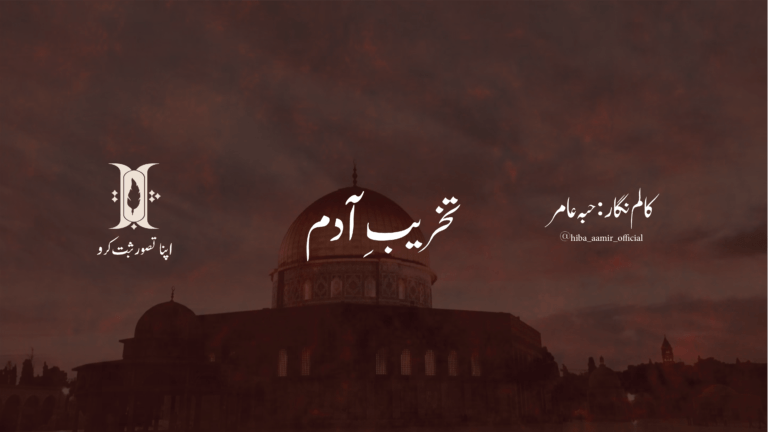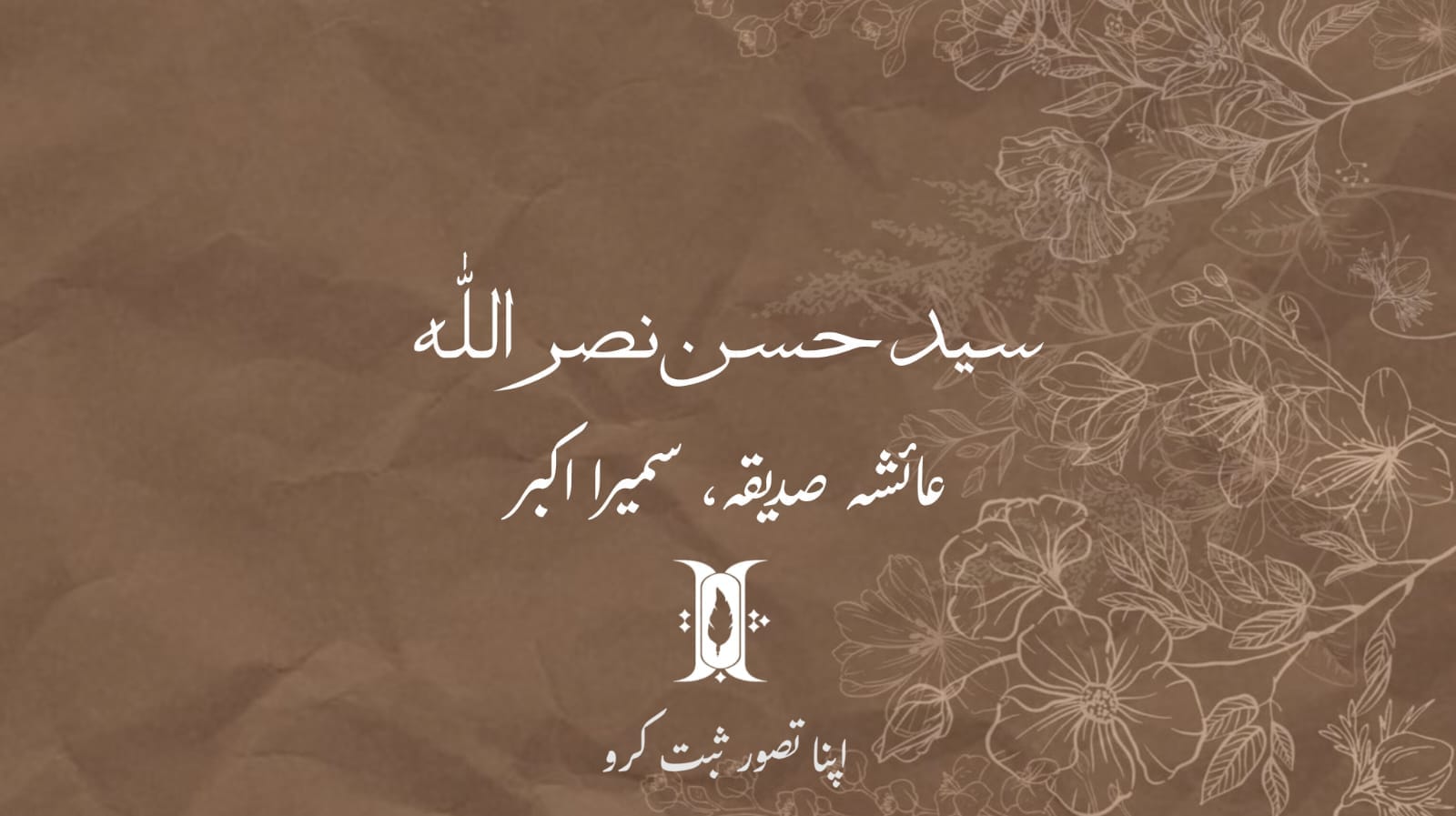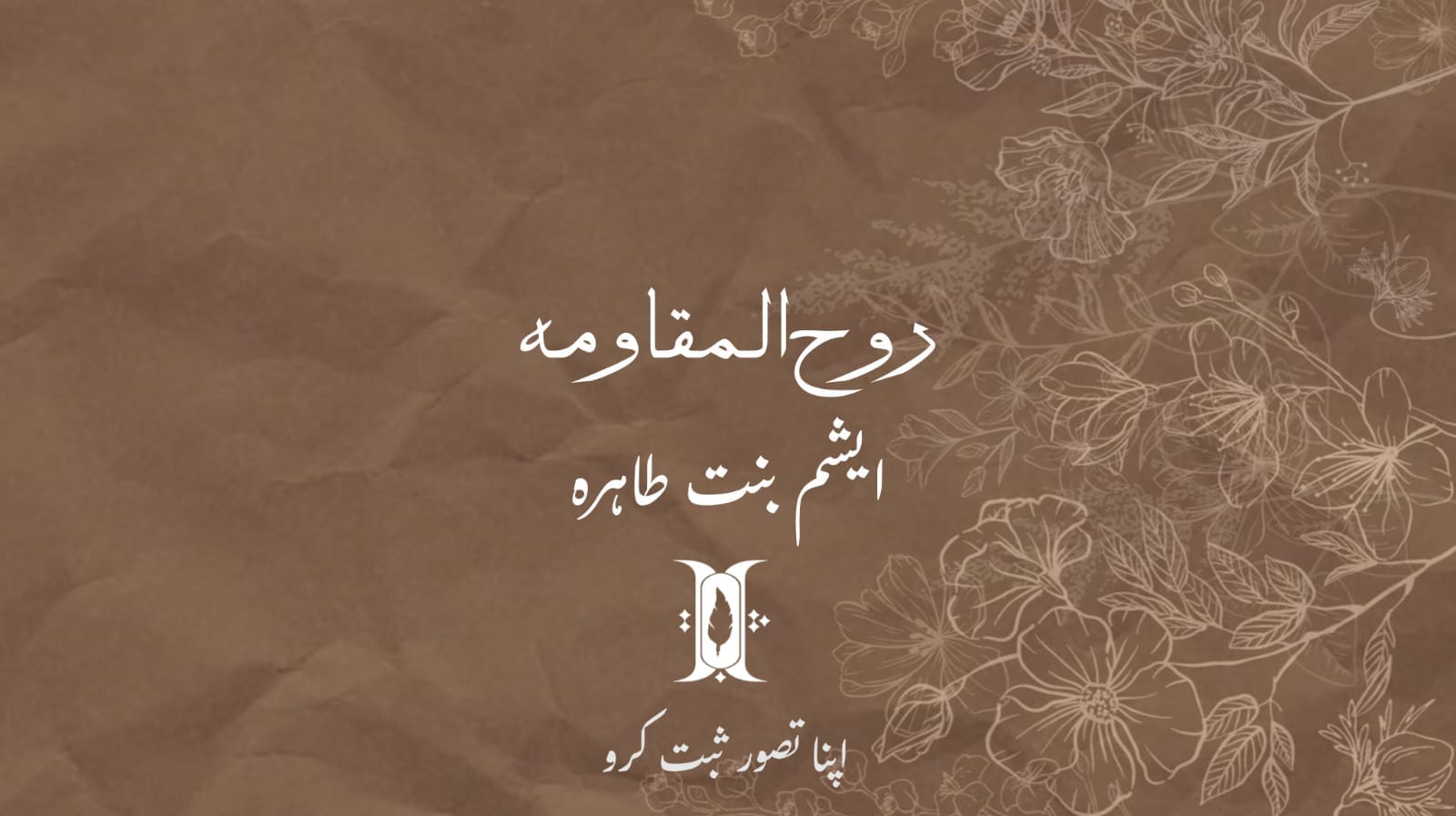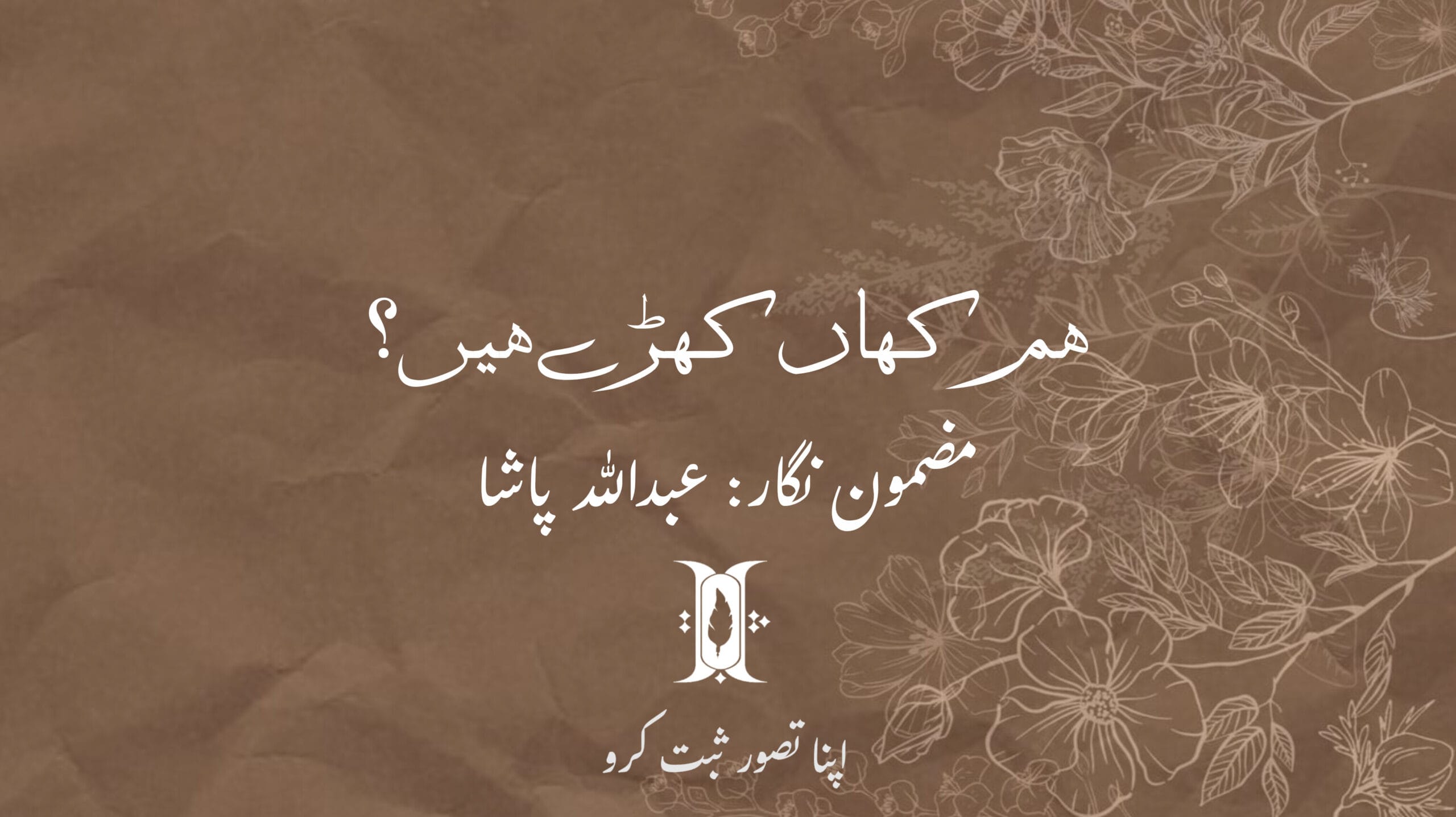
Introduction:
Exploring the nuances of Pakistan’s Transgender Act of 2018, initially known as the “Khawaja Sira Act,” revealed a legislative development that seemed straightforward on the surface but carried significant implications. As societal attitudes toward LGBTQ+ issues evolve, the majority in Pakistan appears to either support or, at the very least, refrain from outright opposition. However, a closer look suggests that this discourse often dwells more on words and memes than a genuine understanding of the LGBTQ+ community’s depth.
LGBTQ+ Identities:
1. **Lesbian (L):** Describes a woman interested romantically or sexually in other women.
2. **Gay (G):** Refers to a man interested romantically or sexually in other men.
3. **Bisexual (B):** Individuals whose romantic or sexual interests may span across genders.
4. **Transgender (T):** People who undergo a complete transition of their gender based on their feelings.
5. **Queer (Q):** An umbrella term encompassing various non-heteronormative identities.
Exploring the Transgender Act:
The term “Trans” derives from “transfer,” and “gender” pertains to “sex,” reflecting the act’s purpose: facilitating the transition of one’s sex or gender. Despite the seemingly straightforward language, the Act’s implications go beyond mere words, impacting the lives of those it seeks to protect.
Islamic Perspective:
Islamic teachings unequivocally declare several aspects covered by the LGBTQ+ spectrum as forbidden. Attempting to justify or oppose these prohibitions is considered equally forbidden. Prophet Muhammad, in his teachings, warned against societal decadence, linking it to the spread of diseases not present in earlier generations.
Conclusion:
The attempt to alter the natural order often results in harm to individuals and society at large. As the LGBTQ+ discourse gains traction, it is crucial to move beyond words and memes, fostering genuine understanding. The Transgender Act, while aiming to protect, is not without controversy, and discussions around it should prioritize informed dialogue over polarizing rhetoric.
By delving deeper into these issues, we can bridge the gap between legislation, societal attitudes, and religious perspectives, fostering a more comprehensive understanding of the complex dynamics surrounding LGBTQ+ rights in Pakistan.



